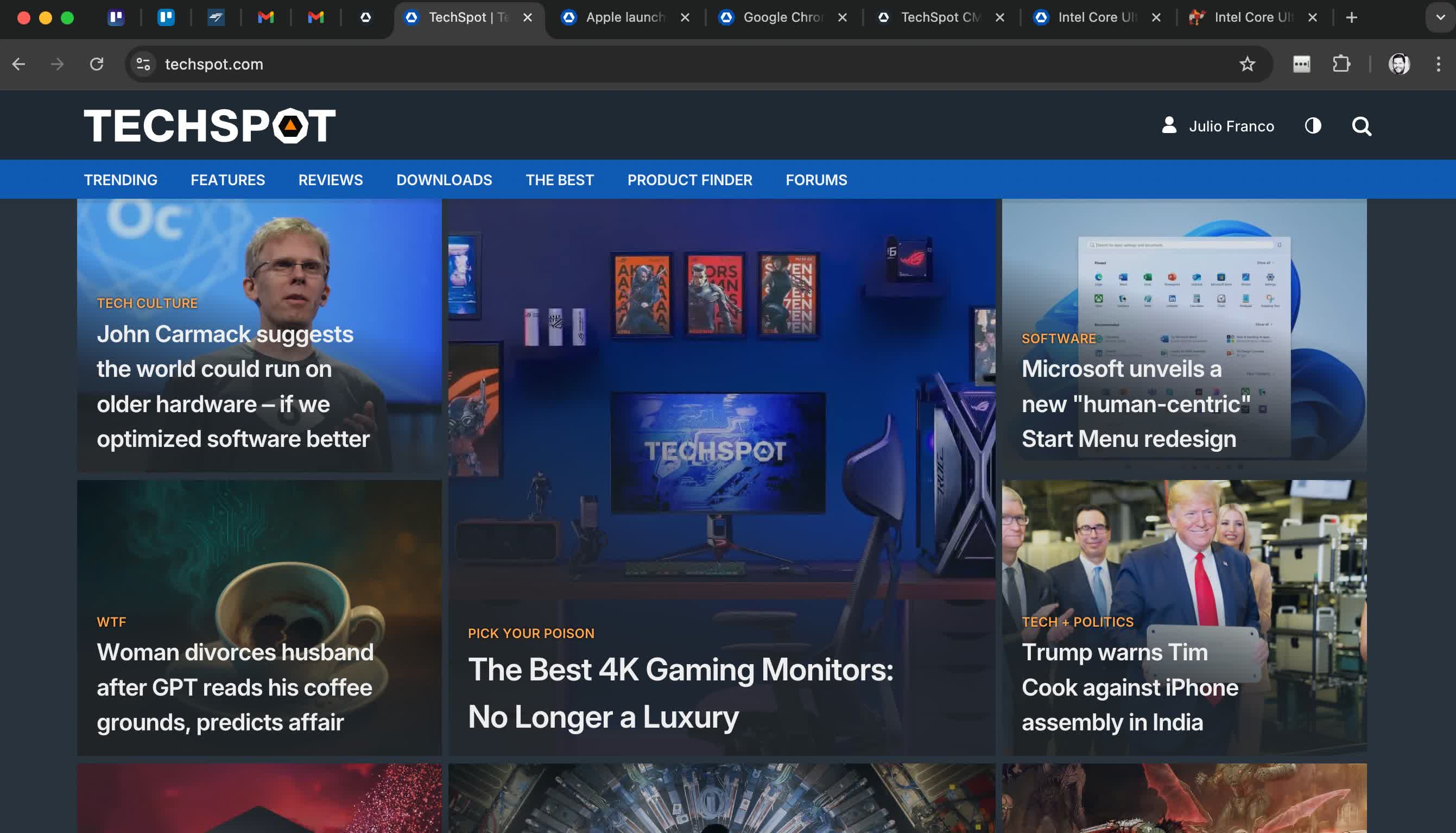Google Chrome is a fast, simple, and secure web browser, built for the modern web. Chrome combines a minimal design with sophisticated technology to make the web faster, safer, and easier.
Is Chrome the fastest browser?
Chrome, Firefox, Safari, and other major browsers are updated every few weeks, so it's hard to compare them over time which is the fastest. Chrome is known to be a RAM hog, but when used heavily, other browsers are known to be just as resource-consuming.
In general, Chrome remains among the fastest browsers, especially for complex web apps and JavaScript-heavy sites. Web developers always optimize for Chrome's engine because it's the most used browser by far when you account for desktop use, Android phones, and all other browsers that also rely on the Chromium engine.
Is Google Chrome safe and private?
Google Chrome is generally considered safe in terms of protecting users from malicious websites, phishing, and malware, thanks to strong security features like sandboxing and phishing protection, but it's less private because it collects user data for Google services and ads.
Everything you do in Chrome, including every character you type into the address bar, is recorded by Google and linked to you. While using other Google services, all that data may be cross-referenced. More privacy-conscious users may prefer to use Firefox.
What are the best Chrome alternatives?
There are tons of good and free alternatives for browsing the web. If you want a more private browsing, you can opt for Firefox or Brave. If you don't want to use Google services, you can use Ungoogled Chromium.
Opera, Microsoft Edge and Vivaldi are other great options, all three are Chromium-based just like Google Chrome. While most browsers have started to add AI tools, there are newcomers like ChatGPT Atlas and Comet that have free built-in assistants that offer to summarize content or automate tasks.
Why is Chrome using so much CPU and memory, even with only a few tabs open?
Many users notice that Chrome consumes a significant amount of resources, even when only a few tabs are open. This is often due to certain tabs, extensions, or accumulated cache and cookies. To resolve this, open Chrome's Task Manager through the "More Tools" menu to identify and close tabs or extensions that are using the most resources. Disabling unnecessary extensions and regularly clearing your browsing data can also help improve performance and reduce memory usage.
How can I prevent Chrome from automatically translating web pages?
Chrome's automatic translation feature can be frustrating. To stop this behavior, go to the Settings menu, select "Languages," and turn off the option that offers to translate pages not in a language you read. You can also manage individual language preferences there.
Features
Speed
Chrome is designed to be fast in every possible way: It's quick to start up from your desktop, loads web pages in a snap, and runs complex web applications fast. Learn more about Chrome and speed.
Stay organized with tabs
Tabs help you stay organized, keep track of multiple pages, and multi-task. You can group tabs together for better organization or pin tabs to automatically open websites you use the most.
What's New
The Stable channel has been updated to 143.0.7499.109/.110 for Windows/Mac and 143.0.7499.109 for Linux, which will roll out over the coming days/weeks. A full list of changes in this build is available in the Log.






